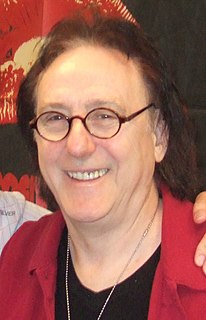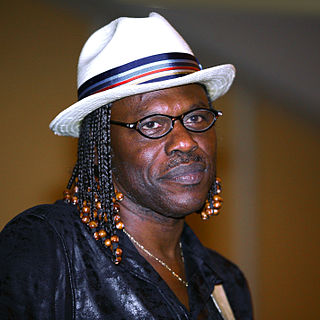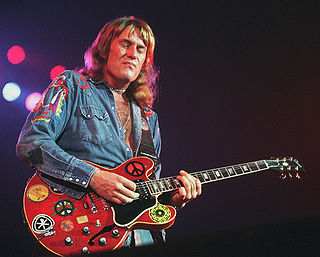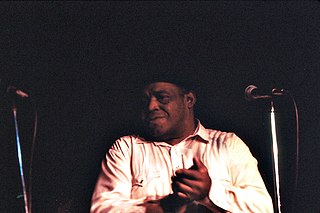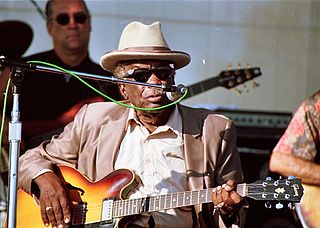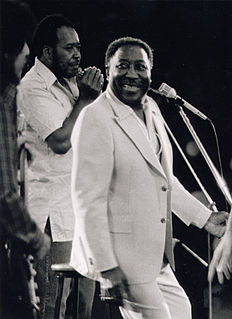A Quote by Vivian Campbell
I'm a big, big blues fan and the last several years I've really invested in the blues a lot, and I think my playing is getting better because of it - not necessarily better on a technical level, but certainly on a level of appropriateness.
Related Quotes
You've heard me call myself a bluesman and a blues singer. I call myself a blues singer, but you ain't never heard me call myself a blues guitar man. Well, that's because there's been so many can do it better'n I can, play the blues better'n me. I think a lot of them have told me things, taught me things.
Nowadays blues in particular has a wide, wide, wide, wide net of everything that's called blues. I think if somebody's coming to it in the last ten years or whatever, or even fifteen years, what their experience is what is called blues is different from mine. I have to expand my range of what's been called the blues. I think somebody who's new to it would have to go back and to see what is called blues now, where it came from. If that makes sense.
It's about the process. It's about getting better. 'Let's execute on this play, let's execute on this drive.' You do those things, and over the course of the season you'll get better as a team and you'll get to a point where hopefully you're playing at a high level to win the games that really become at another level.
Music and the blues, they have taught me a lot. I think in this book, 'Book Of Hours,' there is this blues sensibility. There are moments of humor even in the sorrow, and I'm really interested in the way that the blues have that tragic-comic view of life - what Langston Hughes called 'laughing to keep from crying.'

